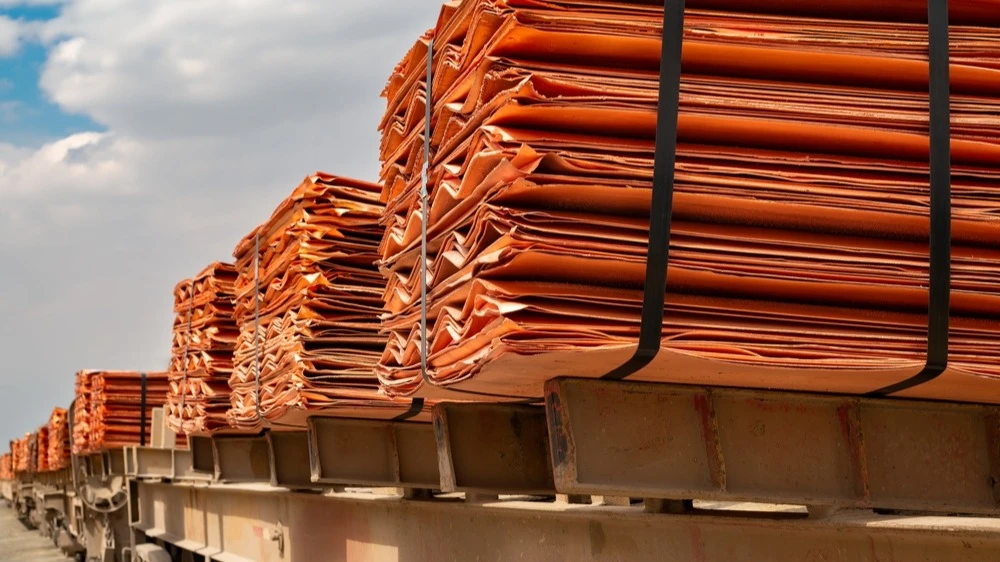Goldman has predicted an annual peak in copper prices at the end of summer. What could bring them down?
Copper prices rise despite global surplus

Goldman Sachs has suggested that copper prices will continue to rise in the coming weeks, despite its global surplus, and the peak in value this year will be at the end of summer. The excitement around copper is provoked by Donald Trump's trade policy, which may also bring down prices for this key metal for the global economy.
Details
One of Wall Street's most influential banks predicts that the price of copper will peak at $10,050 a ton in August amid tightening supplies outside the U.S., as reported by Bloomberg. On the London Metal Exchange, traders faced an acute shortage of copper, with spot premiums rising sharply. The supply shortage is caused by record supplies of the metal in the United States - investors are rushing to buy after trade threats by U.S. President Donald Trump. This leads to an outflow of stocks from other regions.
"The copper market outside the U.S. has tightened, raising concerns about a regional copper shortage even though the global market is currently in surplus," quotes Bloomberg in a June 26 note from Goldman Sachs analysts.
Prices will continue to rise in the near term due to falling inventories outside the U.S., triggered by trade threats from Washington, as well as relatively resilient sentiment and activity in China. But if Trump imposes a 25 percent duty on copper imports by September, the metal could fall in price to $9700 a ton by December, Goldman Sachs warned.
Context
In February, U.S. President Donald Trump asked the U.S. Commerce Department to study the need to impose duties on copper and gave the agency 270 days to prepare a report. That sparked a surge in US shipments, with traders rushing to get ahead of the imposition of trade barriers. The country's refined copper imports topped 200,000 tons in April, the highest in more than a decade, notes Mining.com.
Amid a reallocation of global copper supply to the U.S., inventories on the London Metal Exchange have fallen 65 percent since the start of 2025 and available tonnage has hit a two-year low, reports Reuters.
Meanwhile, copper processing in China, after years of rapid growth, is now suffering from overcapacity. Smelters are competing for raw material - the shortage is so severe that Chinese smelters are paying mining companies for the opportunity to process concentrate into metal, the Financial Times reported in the first half of June.
This article was AI-translated and verified by a human editor
